If you’re like most homeowners, you probably take great pride in your vegetable garden. After all, growing your vegetables is a great way to save money and ensure that you’re getting the freshest produce possible. But if your garden has been plagued by grubs, then you may be feeling a little frustrated right now. This article will discuss how to get rid of grubs in your vegetable garden once and for all!
What are Grub Worms?
Grub worms, also known as white grubs, are small whitish-colored larvae of beetles. They live in the soil and feed on the roots of grasses and other plants. Grub worms can cause serious damage to landscapes by killing turf grasses, flower beds, and garden vegetables. The most common species of grubworm is the Japanese beetle (Popillia japonica). Other species include European chafer (Rhizotrogus majalis), masked chafer (Cyclocephala spp.), Oriental beetle (Anomala orientalis) and Asiatic garden beetle (Maladera castanea).
Grubworms can be identified by their white, C-shaped bodies with dark brown heads. As grubs mature, they grow to about ½ inch long. Grubs are most active during the summer months when temperatures are warmest. They become dormant in late autumn and early winter, then re-emerge in the spring to lay eggs again.
Control of grubworm populations is necessary to prevent damage to lawns and gardens. Several methods can be used including manual removal, chemical sprays, and biological control agents such as nematodes or parasitic wasps. To prevent damage in the first place, proper lawn care techniques should be followed such as maintaining adequate moisture and fertilization. Good cultural practices such as aeration, dethatching, and overseeding will also encourage a healthy grass stand that is more resistant to grubworm infestations [1].
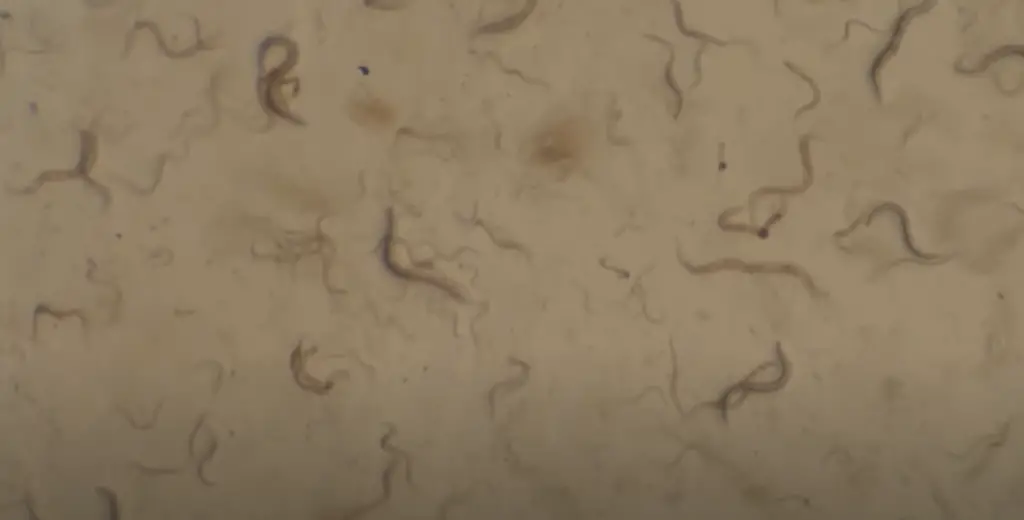
Signs of Grub Worms Infestation
Grub worms can cause a lot of damage to your lawn and garden. If you suspect that grubs are present in your soil, there are some signs you can look out for.
Wilting or dead patches in the grass: Grubs tend to feed on the roots of grass and other plants, resulting in wilted or dead patches of turfgrass. This is especially true if the infestation is severe.
Pest animals coming into your lawn: Animals like skunks and raccoons may be drawn to an area with a high number of grubs, as they are an easy source of food. If you see these pests around your yard, a grub worm infestation may be present.
Brown or dead grass: Grubs can cause the roots of the grass to die, resulting in brown patches or sections of dead grass. This is usually accompanied by soft, spongy turf that gives easily when stepped on.
Discolored roots: When grubs feed on the roots of a plant, they leave behind discolored and damaged root systems which can be seen if you dig up the soil in your lawn or garden.
Soil that lifts off easily: If large amounts of soil are lifted away from the ground easily, this could mean that grubs have caused severe damage to the root system beneath it.
If any of these signs seem familiar, your soil may be infested with grubworms. Contact a pest control specialist for help in identifying and treating the problem. Additionally, proper lawn care maintenance can also prevent future grubworm infestations. This includes keeping grass length at around two inches and maintaining good soil drainage. These efforts will help keep your lawn healthy and make it less attractive to grubs in the first place [2].
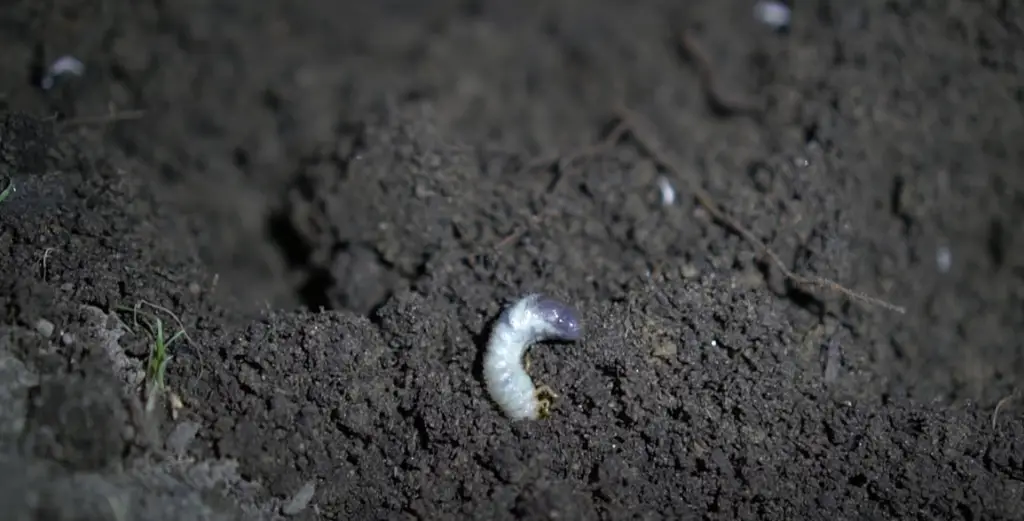
Why do grubs appear in the vegetable garden?
Grubs are the larvae of various insects, including beetles, moths, and flies. They typically appear in vegetable gardens due to their preference for moist soil and organic matter, which is typically found in garden beds. Additionally, grubscan be attracted to certain types of plants such as perennial flowers or vegetables. These plants provide a food source for the larvae as they grow and develop before transitioning into adult insects that can often cause considerable damage to a garden or landscape.
In summary, grubs are attracted to the moist soil and organic matter in vegetable gardens and they feed on certain plants. Gardeners need to be aware of signs of grub activity and take appropriate control measures for effective management. Doing so will help promote a successful vegetable garden season.
How to get rid of grubs in the vegetable garden naturally?
Clean the grubs manually
One of the most effective and natural ways to get rid of grubs in the vegetable garden is to manually remove them. Grubs can be found just below the surface of your soil or compost, so you need to carefully dig up any areas that are infested with grubs and remove them from the area. Make sure to check for any eggs, as well, as they may have already hatched into larvae before you were able to remove them.
Dig up your soil
You can also dig up the soil in your vegetable garden to remove grubs from their hiding spots. This is a great way to prevent them from returning, as it exposes any eggs that may be present and allows you to pick them out before they hatch.
Mulching
When mulching your vegetable garden, use thick layers of organic material such as grass clippings, straw, or wood chips.The thickness of the layer should be at least 4-6 inches deep so that it acts as an effective barrier against grubs from getting into your garden.
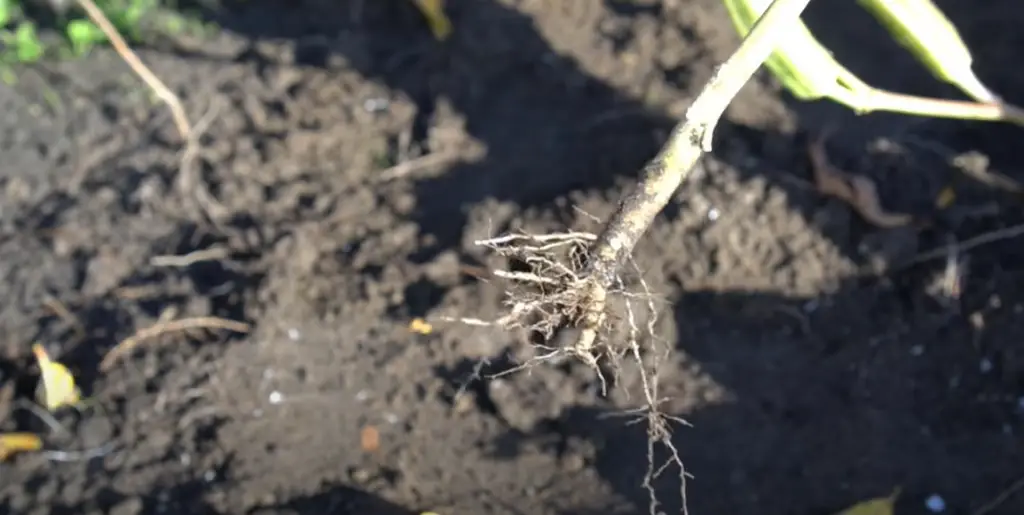
Use insecticidal soaps or nematodes
Insecticidal soaps and nematodes are two natural solutions that can be used to get rid of grubs in vegetable gardens. Insecticidal soaps work by killing the grubs on contact, while nematodes feed on the grubs and also help to deter new populations from forming. However, these methods should only be used as a last resort since they can disrupt the natural balance of your garden’s ecosystem.
Plant cover crops
Cover crops such as clover, ryegrass, and alfalfa can provide an excellent source of food for beneficial predatory insects like ladybugs that prey on grubs. The presence of these predators will help keep your garden free from infestations of grubs.
Spread diatomaceous soil
Diatomaceous soil is a natural, non-toxic powder that can be applied to the surface of your soil. The sharp particles in the soil will cut into the grubs’ bodies and kill them on contact. Be sure to spread an even layer of diatomaceous earth over the entire surface of your garden and reapply it regularly for maximum effectiveness.
Use vinegar and bleach solution
Vinegar and bleach can be used to create a solution that can help get rid of grubs in the vegetable garden. The acidity of the vinegar will kill the larvae on contact, while the bleach helps to strip away any protective coating they may have. Be sure to dilute this mixture before applying it to your soil.
Sprinkle salt and whiting
Salt and whiting can be sprinkled directly onto the soil in your vegetable garden to help get rid of grubs. The salt will kill them on contact, while the whiting works as an insect repellent that helps prevent new infestations from forming.
Clean your vegetable garden regularly
Regularly cleaning your vegetable garden will also help get rid of grubs. This includes removing any dead plants, weeds, and debris that may have accumulated in the soil. Doing so will reduce the number of food sources available to grubs and make it more difficult for them to survive in your garden.
Call a professional pest control expert
If all else fails, it may be necessary to call a professional pest control expert who can help you get rid of the grubs in your vegetable garden. They will have access to the right tools and treatments that are more effective at getting rid of the grubs than any DIY method. The right tools and treatments are for example insecticides, pesticides, and attractants. They will also be able to identify the main causes of grubs in your garden and provide advice on how to prevent them from returning [3].
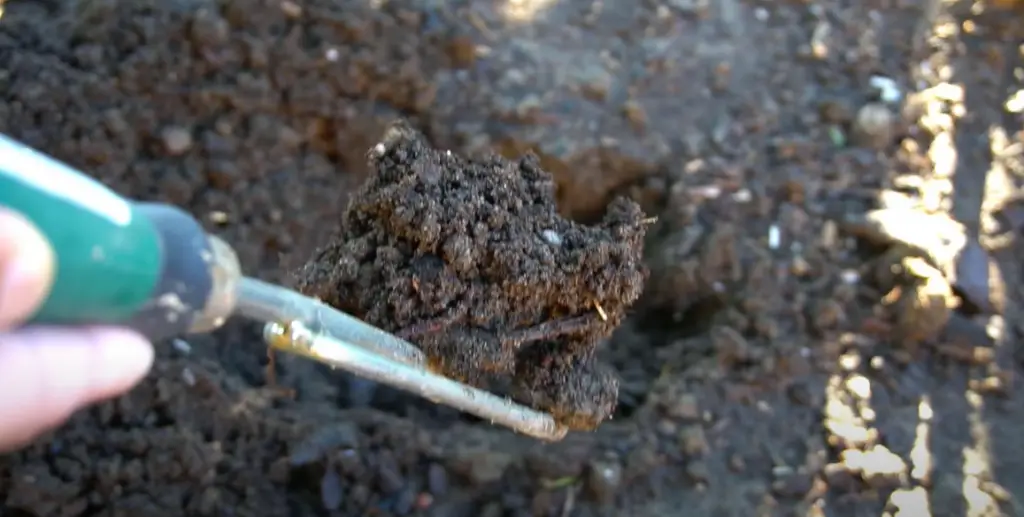
How to Use Beneficial Nematodes to Kill Grubs in Garden Soil?
Beneficial nematodes are a natural and safe way of eliminating grubs from garden soil. They can be purchased online or in garden centers and come in powder or liquid form. To use them, simply mix the powder or liquid with water according to the directions on the package. Once mixed, it can be applied directly to the areas of your garden where you suspect grubs may be present.
The nematodes will then seek out and attack any grub larvae they come into contact with, killing them without harming beneficial soil organisms such as earthworms and beneficial bacteria.
This method is an effective way to naturally control grub populations in your garden without resorting to chemical insecticides, which can cause harmful side effects for both plants and the environment. However, nematodes do not provide long-term protection against grubs and should be reapplied every few weeks or months depending on the severity of your infestation.
The best time of year to treat soil with beneficial nematodes is in the spring and summer when temperatures are between 10-35 degrees Celsius (50-95 degrees Fahrenheit). Soil should be moist but not soggy, so avoid applying nematodes during a period of heavy rain or flooding. The soil should also have an organic matter content of at least 5%. This will provide the nematodes with a suitable environment for them to reproduce and thrive. Finally, wait until between 2 weeks before planting and 2 weeks after planting to apply nematodes as this gives them enough time to proliferate through the soil.
Common tips on maintaining gardens
When it comes to maintaining a garden, some simple tips can help you make the most of your garden and keep it looking great.
- Water regularly: Make sure to water your plants regularly to ensure they stay healthy and vibrant. Be careful not to overwater or underwater as this can lead to plant problems.
- Mulch: Adding mulch around the base of plants helps keep moisture in the soil, prevents weeds from growing, and adds nutrients to the soil as well.
- Prune: To stimulate growth and increase production, prune away dead or diseased branches, stems, leaves, or flowers during the growing season.
- Fertilize: Adding fertilizer to your soil can help provide essential nutrients for plants and encourage strong, healthy growth.
- Weed: Regularly remove weeds from your garden as they compete with other plants for resources and are known to spread disease.
- Pest control: Keeping pests out of the garden is important to protect the health of your plants. Use natural solutions such as companion planting or insecticidal soaps when necessary.
- Composting: Composting helps create a nutrient-rich environment for your garden by breaking down organic matter into useful nutrients that plants can absorb.
- Proper spacing: To ensure that each plant gets enough light, air circulation, and space to grow, be sure to properly space out your plants.
- Know when to harvest: Knowing when to pick fruits, vegetables, and flowers will maximize the yield of your garden and ensure that they are fresh and ripe.
- Have fun: Lastly, don’t forget to enjoy and appreciate all of your hard work! Gardening is a great way to get outdoors and relax in nature. Follow these tips for successful gardening and you’ll have a beautiful green oasis in no time [4]!
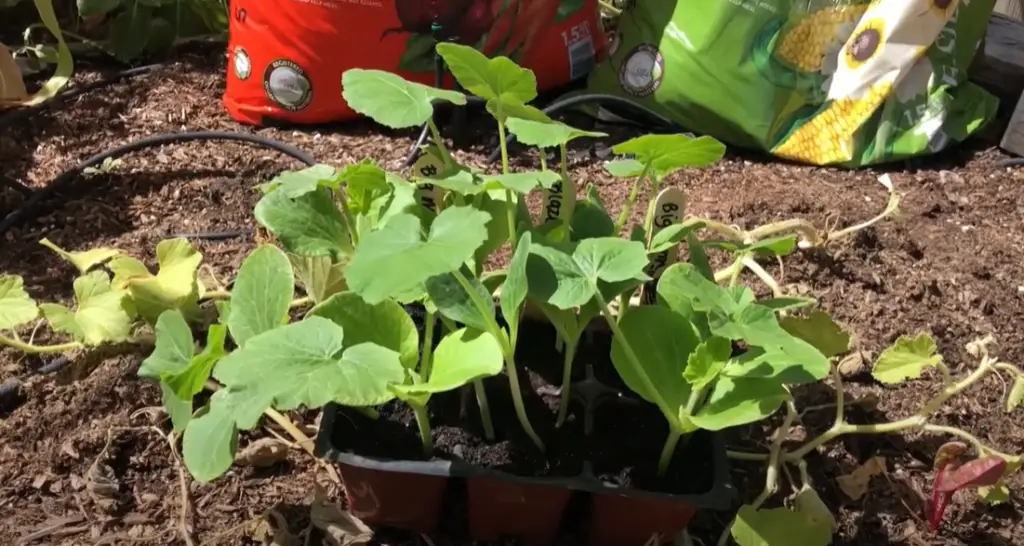
FAQ
What is a natural way to get rid of grubs?
One of the most effective and natural ways to get rid of grubs is by applying beneficial nematodes to your lawn. Beneficial nematodes are microscopic, soil-dwelling organisms that prey on grubs and other small insects. When applied correctly, they can provide an effective solution for eliminating grubs in your lawn without the use of harsh chemicals or pesticides. Additionally, beneficial nematodes can help improve overall soil health, as they release nutrients into the soil as they feed on their insect prey. To apply beneficial nematodes to your lawn, simply water them in with a garden hose or sprinkler system. Make sure to follow the directions on the package for the best results!
What is the strongest grub killer?
The strongest grub killer is a combination of insecticides and nematodes. Nematodes are microscopic worms that feed on the larvae of many insects, including grubs. When applied correctly, they can be an effective way to control the grubs in your lawn. Additionally, insecticides work to kill adult insects and their eggs before they can hatch into larvae. Typically, a mixture of both types of products should be used for optimal pest control results. Be sure to read and follow all label instructions when using any type of pesticide or insecticide.
How often should I treat my lawn for grubs?
It depends on the severity of the infestation and the environment in which you live. Generally speaking, if you have a light infestation, you may only need to treat your lawn once every six weeks. For severe infestations, however, it is best to treat the lawn regularly (at least once every four weeks). Additionally, taking proactive measures such as regularly mowing the lawn and removing dead leaves can help reduce the grub population in your yard and make treatment more effective.
What kills grubs but not earthworms?
Insecticides that contain Bacillus thuringiensis (Bt) are effective at killing grubs but have no adverse effects on earthworms. It is a natural compound derived from soil-dwelling bacteria and has been used as a non-toxic insecticide since the early 1900s. It kills only certain species of insects, including caterpillars and grubs, so it is safe to use around beneficial organisms such as earthworms. Additionally, because Bt is naturally occurring, it breaks down quickly in the environment and poses minimal risk to other wildlife.
What other pests might be present if I have grubs?
Grubs often attract other types of pests such as birds, skunks, raccoons, and moles. These animals feed on the grubs and can cause further damage to your lawn. Additionally, an infestation of grubs can also lead to an increase in other types of insects such as ants and fleas. To reduce the risk for these pests, it is important to properly treat your lawn for grubs with a combination of insecticides and beneficial nematodes. Additionally, taking proactive measures such as regularly mowing the lawn and removing dead leaves can help keep other pests at bay.
Do grub worms eat vegetable roots?
Yes, grub worms can feed on the roots of vegetable plants. Their presence in the soil can cause significant damage to your crops by weakening their root systems and preventing them from taking up essential nutrients. To prevent this type of damage, it is important to properly treat your garden for grubs with a combination of insecticides and beneficial nematodes. Additionally, taking proactive measures such as regularly tilling the soil and removing dead leaves can help keep grubs away from your vegetables.
How will grub worms hurt my garden?
Grubworms can cause significant damage to your garden by feeding on the roots of vegetable plants and preventing them from taking up essential nutrients. Additionally, their presence in the soil can attract other pests such as birds, skunks, raccoons, and moles which can feed on the grubs and cause further damage to your crops.
Does overwatering cause grubs?
No, overwatering does not typically cause grubs. Grubs are usually the result of eggs laid by beetles in the soil. Depending on the species of beetle, these eggs may hatch into larvae over several weeks or months and eventually become adult grubs that can feed on plant roots and other organic matter. However, overly wet conditions can make your lawn more attractive to adult beetles looking for a place to lay their eggs, which could eventually lead to an increase in grub populations.
What is the best time to treat grubs?
The best time to treat grubs is in early summer when the larvae are actively feeding. This is usually before they reach their peak in mid-summer, but after they have hatched from their eggs and become visible in the soil. Additionally, it is important to take into account the environment you live in as different areas may experience grub infestations at slightly different times of the year. Treating your lawn before late summer can help reduce populations and prevent further damage to your lawn or garden.
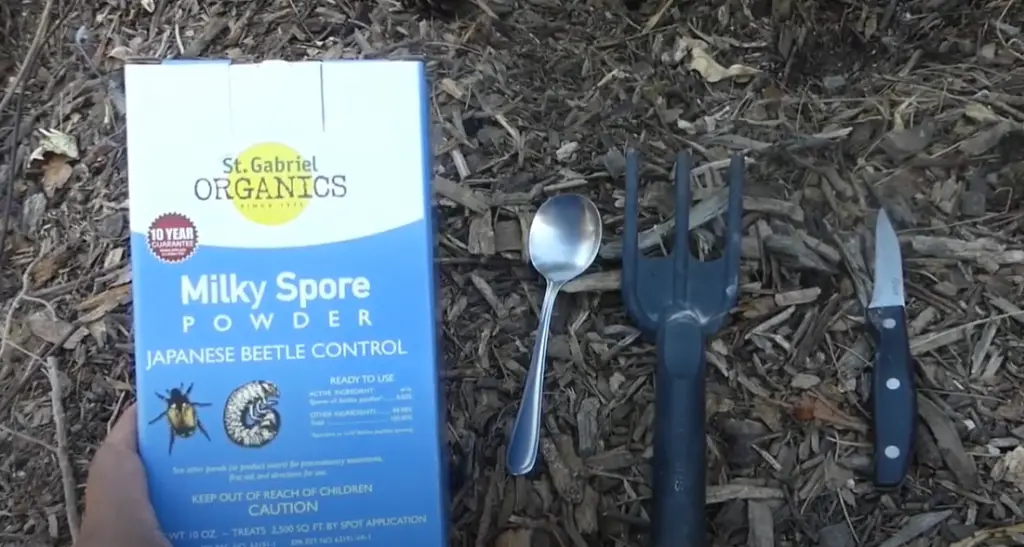
What animal eats grubs at night?
A variety of animals eat grubs at night, including skunks, raccoons, opossums, and armadillos. These nocturnal creatures are attracted to the moist soil where grubs thrive and actively hunt for them in the dark. Additionally, birds such as crows and starlings may also feed on grubs during the night if they have easy access to them. Taking proactive measures such as regular mowing and removing dead leaves can help reduce populations of these pests.
What month are grubs most active?
Grubs are typically most active in the summer months, usually between mid-June and August. However, this can vary depending on the type of grub, the climate you live in, and other factors such as rainfall. To reduce infestations, it is important to properly treat your lawn before late summer when their populations tend to peak. Treating with a combination of insecticides and beneficial nematodes can help reduce grub populations and prevent further damage to your lawn or garden.
Do grubs come back every year?
Yes, grubs can come back every year. The eggs of some species of beetles may remain dormant in the soil for up to two years before hatching into larvae. Taking proactive measures such as regular mowing and proper treatment with insecticides and beneficial nematodes can help reduce their populations and prevent them from coming back year after year.
Useful Video: How to Eliminate Grubs in Your Lawn or Garden without Pesticide
Conclusion
Getting rid of grubs in the vegetable garden is an important step to ensure its success. While there are several different methods to control grubs, it is best to evaluate the specific situation and choose a method that works for your garden. Rotating crops, using organic or chemical insecticides, and introducing beneficial nematodes are all viable options for controlling grub populations in vegetable gardens. While some of these methods may require more work than others, taking the time to properly identify and eliminate grubs from your garden will go a long way towards ensuring its success. With proper prevention and treatment techniques in place, you can ensure that your vegetable garden remains free of grubs throughout the growing season.
References:
- https://savvygardening.com/grub-worm/
- https://lawnrxinc.com/telltale-signs-your-lawn-has-grubs/
- https://worldsustainable.org/grubs-in-vegetable-garden/
- https://www.housebeautiful.com/uk/garden/a585/top-tips-garden-maintenance/





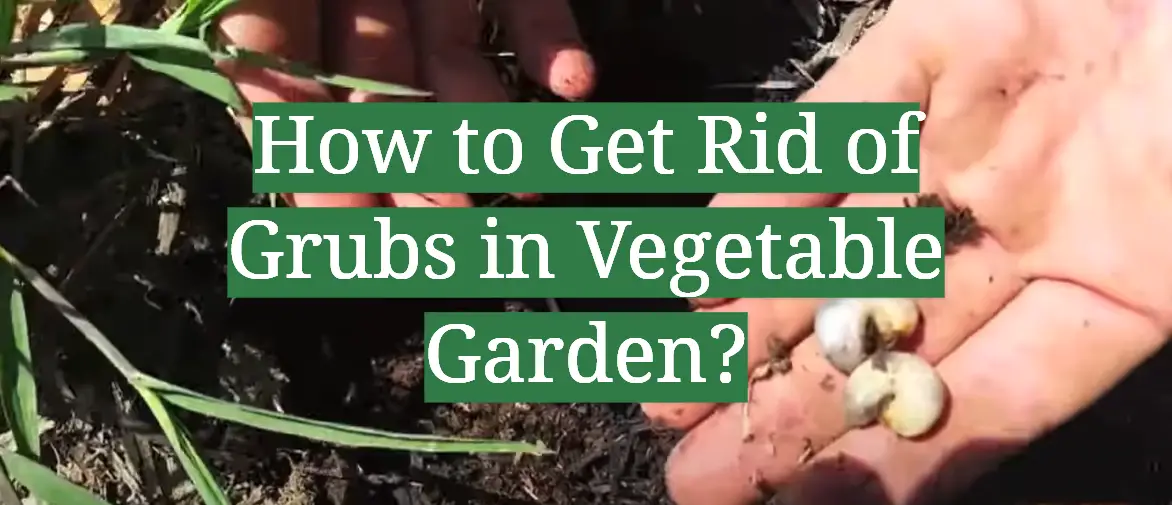
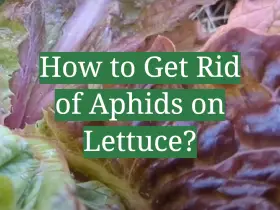
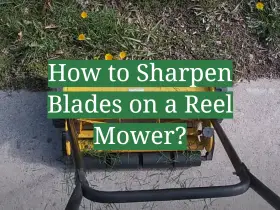
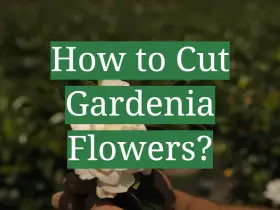

Leave a Reply
View Comments